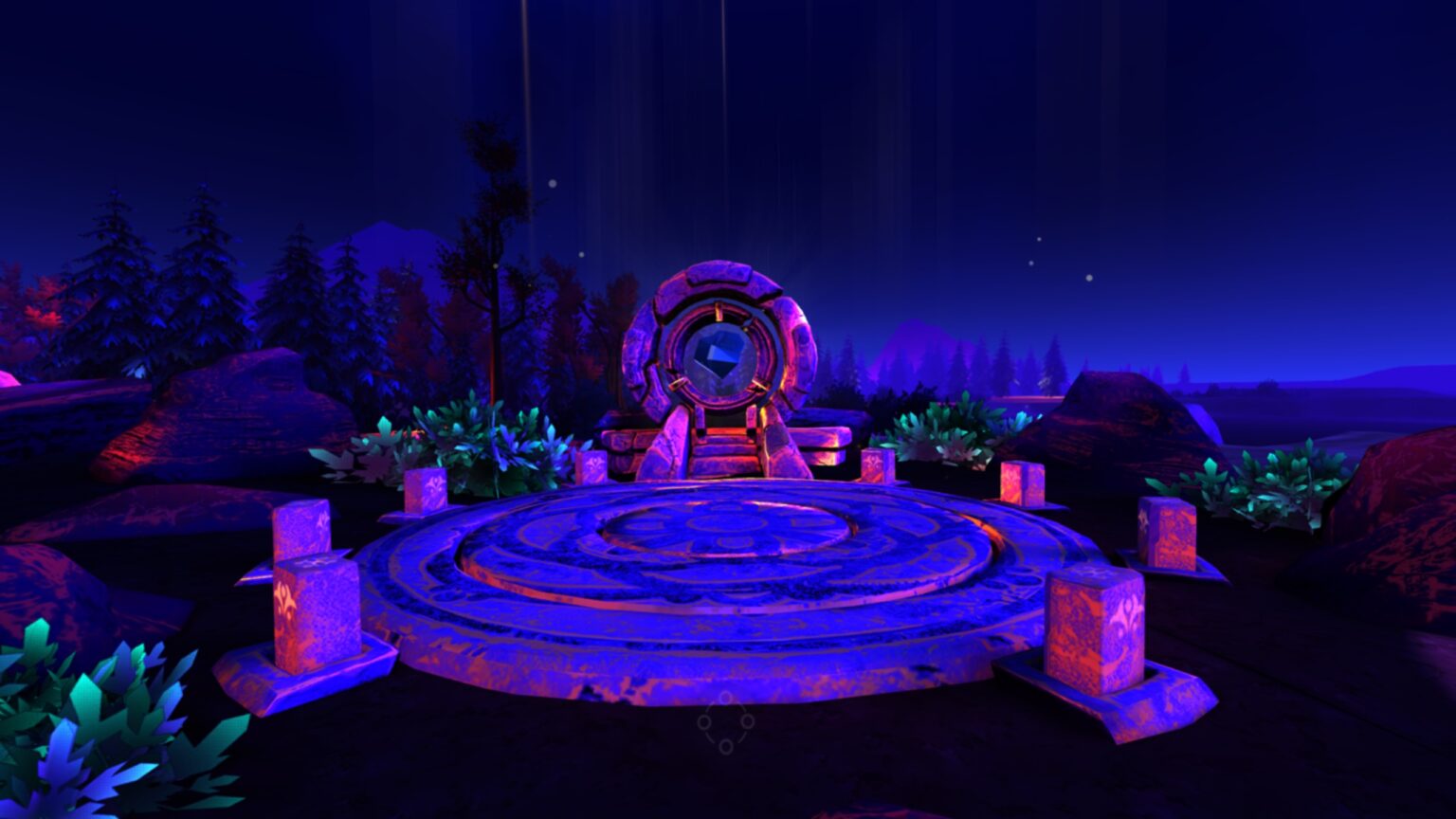Integrating metaverse infrastructures in urban environments redefines how citizens interact with city services, experience urban landscapes, and contribute to the economy.
Seoul, Dubai, and Santa Monica are actively exploring the use of virtual platforms within their urban frameworks. These platforms are designed to serve various purposes, including entertainment and civic engagement, economic initiatives, and avenues for creative expression. Each city incorporates these digital tools to align with its urban planning and community goals.
Seoul, South Korea, actively incorporates metaverse elements into everyday activities. With an urban metaverse app, residents can virtually explore the city’s attractions, file civil complaints, and receive tax advice.
Seoul’s Metaverse Leap: A Future City Blueprint 🏙️ – Unveiling a digital realm for advanced civic engagement, cultural enrichment, and sustainable urban management! pic.twitter.com/x4e2hVidf6
— Leila Hurstel (@LeilaHurstel) November 23, 2023
This digital effort extends beyond mere convenience; it represents Seoul’s endeavor to become a player in the global metaverse market. By investing significantly in creating a metaverse ecosystem, Seoul plans to introduce even more services by 2024, blending virtual and augmented reality with the city’s infrastructure.
Crafting a metaverse economy
Dubai’s aim extends beyond its physical transformation from a fishing village to a global powerhouse. The city aspires to become a leading metaverse economy by attracting blockchain and metaverse companies, aiming to support thousands of jobs by 2030.
Dubai is utilizing Web3 technology to update its approach in the tourism, healthcare, and remote work sectors.
'Twinning for Health' at the #DubaiFutureForum2023 brought together experts to discuss the future of healthcare & reveal how #digitaltwin #technology is reshaping #healthcare, enabling personalised treatment and advanced #simulations. #Honoured to have attended the Dubai Future… pic.twitter.com/ptNQ6SF9Fl
— Lepasa Metaverse (@Lepasaorg) November 29, 2023
The city is integrating metaverse applications and educational programs as part of its strategy to adapt to emerging digital trends. This approach is part of Dubai’s effort to stay relevant in the rapidly changing global technology landscape.
In Santa Monica, using the metaverse takes a creative turn with the FlickPlay app, which combines social media with augmented reality. By incentivizing users to explore underutilized city spaces to collect digital tokens, the app stimulates economic activity and contributes to public safety by reducing crime rates. This approach showcases how metaverse technologies can promote urban exploration and enhance the vibrancy of city spaces.
The industrial metaverse
As cities worldwide aim to decarbonize and optimize urban design, the metaverse offers a suite of tools to achieve these goals. With digital twin technologies, city planners can simulate and plan urban developments more efficiently. Industry professionals acknowledge the prospective applications of virtual, augmented, and mixed-reality technologies in advancing city planning. These tools could contribute to the development of more intelligent and adaptive urban environments.
The industrial metaverse is not a distant dream but a rapidly evolving reality. With companies like The Digit Group charging for smart city solutions and support from various government ventures, the groundwork is being laid for future smart cities that are human-centric and designed for wellness and efficiency.
The role of creativity and immersive technologies in developing smart cities cannot be understated. Creative approaches in the extended reality (XR) space are crucial for devising solutions that are not only technologically advanced but also deeply human-centric. From designing healthcare systems to encouraging healthy lifestyles, applying XR in city planning is about enhancing the quality of life for residents.
Addressing the challenges
While integrating metaverse infrastructures in cities like Seoul, Dubai, and Santa Monica showcases approaches to urban development and citizen engagement, addressing these technologies’ potential challenges and criticisms is essential.
Data privacy and security concerns are paramount as metaverse platforms collect and manage vast amounts of personal information. Accessibility is another critical issue, as there is a risk that these digital advancements could widen the digital divide, leaving behind those without access to the necessary technology or skills to participate.
Additionally, the long-term societal impacts of such immersive digital environments are still not fully understood, and there is a debate about how these platforms will affect real-world communities and economies.









 and then
and then